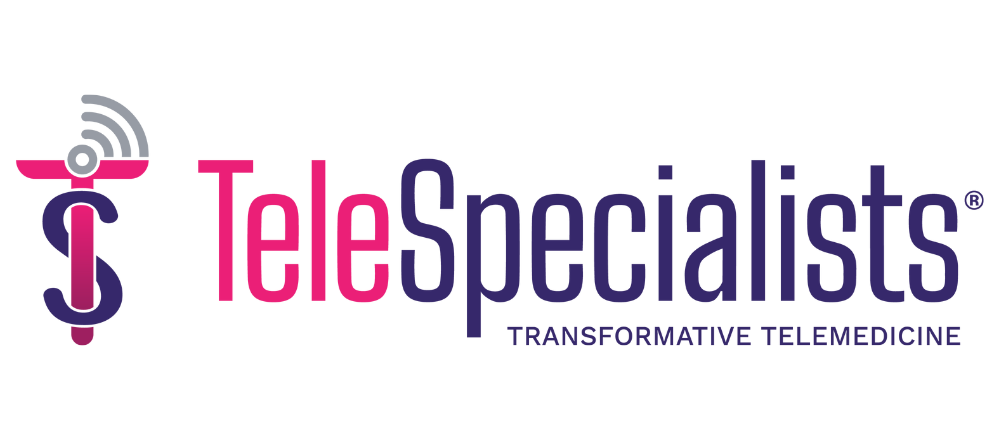
In the past year, a multitude of companies have launched or acquired telehealth solutions. Teladoc CEO Jason Gorevic brushed off worries about the competition in a recent earnings call, saying the company still is winning customers over and retaining them at strong rates.
He chalked up the company’s staying power to the breadth of solutions it has accumulated. Last year, Teladoc kicked off a chain of digital health mergers when it bought Livongo for $18.5 billion. This year, about 70% of the company’s bookings were for multiproduct sales.
“We’re winning because of the full suite of our products and services,” he said. “The truth is that the point solutions, I would say, are really struggling at this point. And if you look at our late-stage pipeline, it’s nearly double the size of what it was last year.”
Teladoc reported revenue of $522 million for the third quarter, up 81% from last year. It also reported 3.9 million visits, up 37% from 2020.
Teladoc didn’t break out how much of its growth was from direct-to-consumer visits or contracts with other businesses, but Gorevic the company saw “substantial growth on both of those fronts.”
In particular, the company has seen strong growth in mental health visits both through its direct-to-consumer and B2B channels, CFO Mala Murthy said. Mental health has been a big driver of telehealth, even before the pandemic.
However, the company’s paid membership remained relatively flat, and its net loss widened from $35.9 million to $84.3 million for the third quarter, partly because of stock awards that continue to vest after its merger with Livongo.
Teladoc has a high bar to clear after the pandemic drove virtual visits to an all-time high last year. One important part of its business going forward will be its virtual primary care solution, Primary360, which has become part of several telehealth-first plans launched by payers this year.
Teladoc recently announced partnerships with CVS Health and Centene around this primary care offering. The company initially planned to price it around a per-member per-month model, similar to its other B2B contracts, but priced a bit higher to reflect that a primary care visit would generally be worth more than an urgent care visit.
But in the longer term, Teladoc is looking to strike more value-based contracts with payers that would reimburse the company for delivering better care.
“I do see us taking risk, and I think we’ll step into that,” Gorevic said.
Photo credit: Sorbetto, Getty Images










